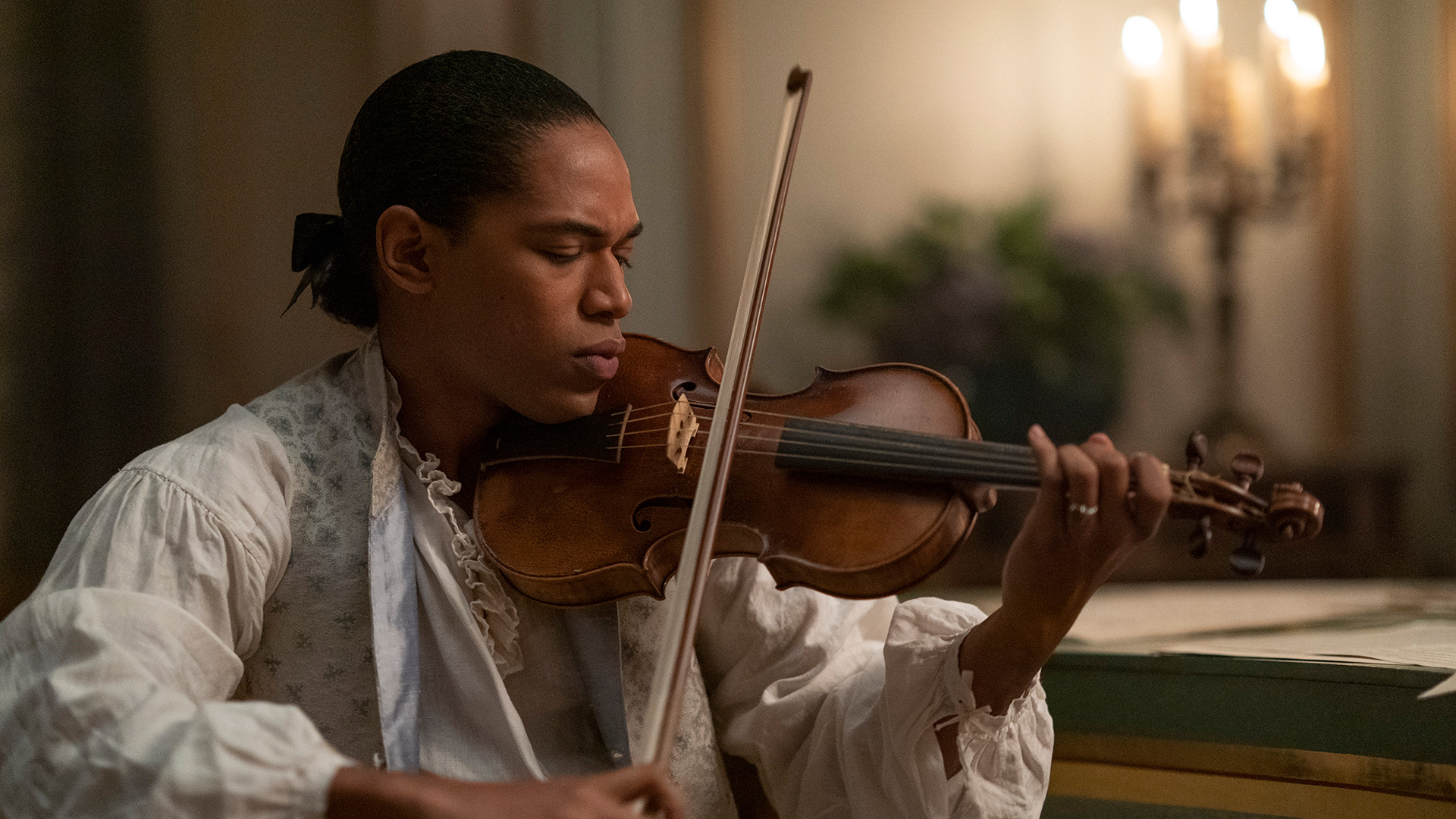In among the press releases for the latest smart speaker, concert series and, because I once worked on an industrial machinery magazine, a forklift truck, one sentence catches my attention. “Man with Glasses and Mullet at Coronation to Celebrate Birthday with Distinguished Concerts International New York at Carnegie Hall.” The person in question is Karl Jenkins, the Welsh composer responsible for The Armed Man: A Mass for Peace, a popular choral work that juxtaposes sacred and secular texts and commemorates those lost in conflict. The 79-year-old was recently voted Classic FM’s most popular living composer with The Armed Man performed on average twice a week across the world.
Yet, thanks to a joke that went viral, Jenkins is currently better known as the figure claimed to be Meghan Markle in disguise at Westminster Abbey. Sat next to Andrew Lloyd Webber – who, like Jenkins, had also written music especially for the royal ceremony – Jenkins’s tinted aviators, combined with his distinctive handlebar moustache and long hair, attracted speculation that an attendee was there incognito. The hirsute guest was said to be a crown jewel thief, Donald Trump, or, the suggestion that gained most traction, the Duchess of Sussex. Suddenly, a composer was pictured in People, Us Weekly and NME. “It’s ridiculous,” Jenkins told CNN, “people have been buying me drinks in pubs and pointing at me.” Despite his best-selling back-catalogue and a knighthood, it seems Sir Karl is destined to be ‘Man with glasses and mullet at Coronation’ for a little while longer.
Get the latest news and insight into how the Big Issue magazine is made by signing up for the Inside Big Issue newsletter
Another composer who has been mischaracterised – in a more serious and far-reaching way – is Joseph Bologne, who, until recently was regularly referred to as “the black Mozart”. Bologne (1745-99)’s extraordinary life is explored in Chevalier, a new film that is a cross between Amadeus (1984), Marie Antoinette (2006) and Bridgerton (2020-).
The frothier aspects of Bologne’s adventures are there – bleary-eyed bed-hopping, with sexy and subtly anachronistic period costumes – but so is the oppressive prejudice that enveloped the composer’s life, ultimately leading to his erasure from history. Born to a wealthy white plantation owner father and an enslaved black mother, Bologne quickly demonstrated prodigious talent. He was installed at a French academy – taken against his mother’s will in the film portrayal – where he became a champion fencer, violinist and composer, attracting the attention of Marie Antoinette who gave him the title ‘Chevalier de Saint-Georges’.
The biopic opens with a Hendrix-Clapton style on-stage duel between Mozart and Bologne, with virtuosic cadenzas marking Bologne as the clear winner. The music is fractionally ahead of its time, a bit like Marty McFly’s guitar solo at the Enchantment Under the Sea dance in the first Back to the Future (1985) film. It doesn’t matter – it’s a vehicle to cover more important issues: “Who the fuck is that?” explodes Mozart; we wonder the same.










